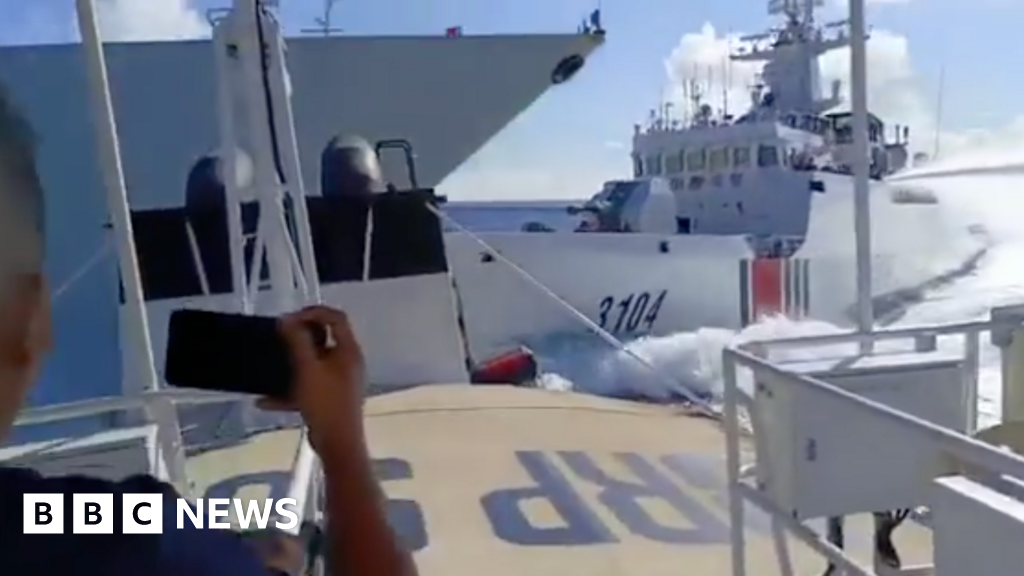T4K3.news
US warships patrol Scarborough Shoal after collision
Two US ships patrol near Scarborough Shoal following a collision between Chinese and Philippine vessels, signaling ongoing tensions in the South China Sea.
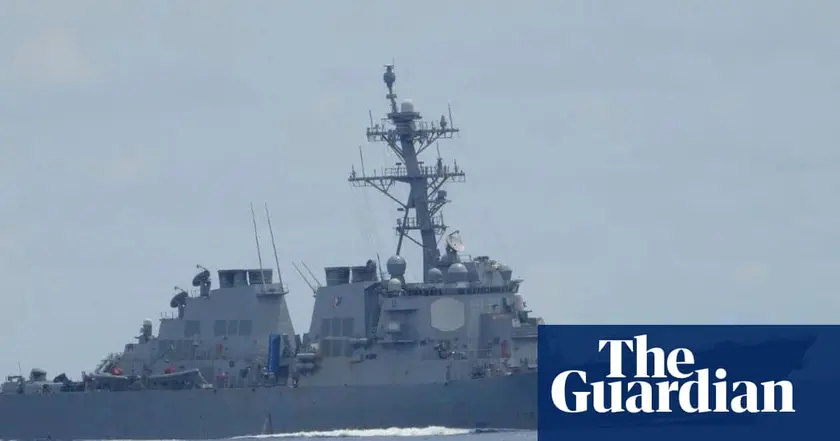
Two US ships patrol near Scarborough Shoal after a collision between Chinese and Philippine vessels underscoring ongoing tensions in the South China Sea.
US warships patrol Scarborough Shoal after Chinese collision
The USS Higgins and USS Cincinnati, both operating in international waters about 30 nautical miles from Scarborough Shoal, were shadowed by a Chinese navy ship as they conducted a freedom of navigation patrol. There were no reports of any untoward incident during the latest movement, according to Philippine coast guard Commodore Jay Tarriela, who cited information from US officials and a Philippine surveillance flight.
Earlier this week, a Chinese navy destroyer and a Chinese coast guard ship collided while trying to block a smaller Philippine coastguard boat, the BRP Suluan. Video released by the Philippine coast guard shows a water cannon blast and crew at the bow before the collision, with the Chinese ship sustaining dents and damage. The incident drew concern from Japan, Australia and New Zealand, and prompted warnings that the region must avoid dangerous maneuvers. The Philippine government reiterated its treaty ties with the United States, underscoring the broader alliance framework in the area.
Key Takeaways
"This is a learning experience for the People's Republic of China."
Commodore Tarriela on the incident
"Japan upholds the rule of law and opposes any actions which increase tensions."
Endo Kazuya, Japanese ambassador to Manila
"the dangerous and unprofessional conduct of Chinese vessels near Scarborough Shoal highlights the need for de escalation restraint and respect for international law"
Australian embassy statement
"Freedom of navigation voyages are a clear assertion of international law"
US stance on sea lanes in the region
These patrols reflect a pattern of assertiveness in the crowded waters of the South China Sea. They test the boundaries of international law and raise the risk of miscalculation in a busy shipping lane.
At stake is not only a dispute between Beijing and Manila but the broader question of how rules get enforced on the high seas. The mix of US Philippine ties and allied statements signals a preference for restraint, but a single misstep could widen political and military fault lines in the region.
Highlights
- De escalation is not weakness it is smart ship diplomacy
- Open seas need open rules not open fists
- The crowding of sea lanes tests every rule of law
- Peace is the long ocean that holds world trade together
Rising risks near Scarborough Shoal
The patrol and the recent collisions risk miscalculation and could escalate tensions in a busy trade corridor. Diplomatic strains may spill into regional security dynamics and affect international shipping.
Escalation in crowded seas tests diplomacy as much as it tests ships.
Enjoyed this? Let your friends know!
Related News
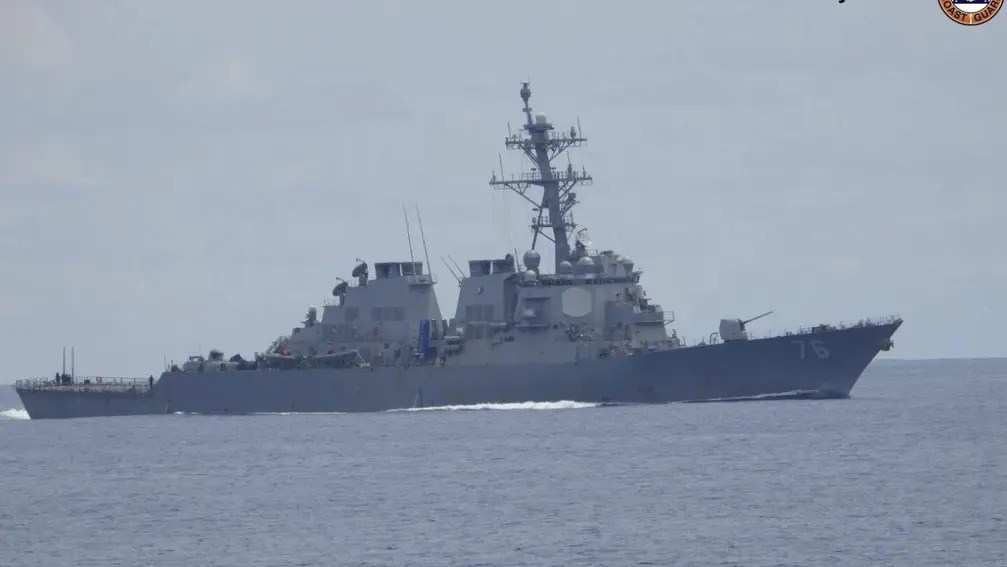
US ships near Scarborough after collision
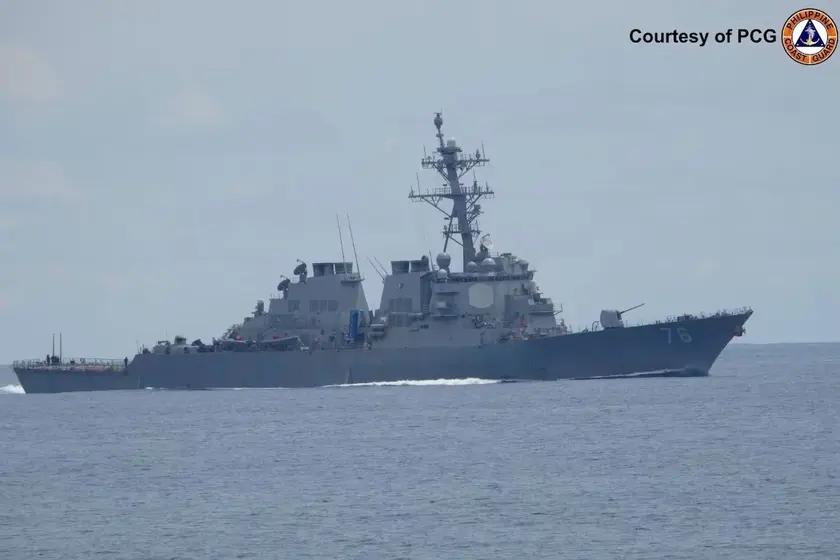
US deploys warships after Scarborough collision
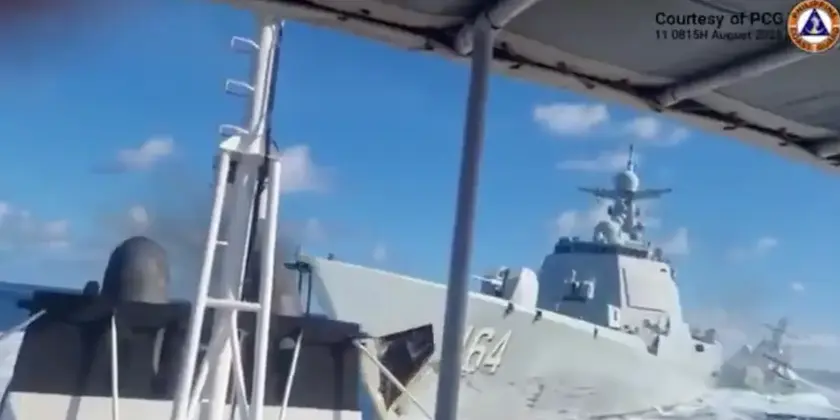
South China Sea clash signals rising risk of conflict
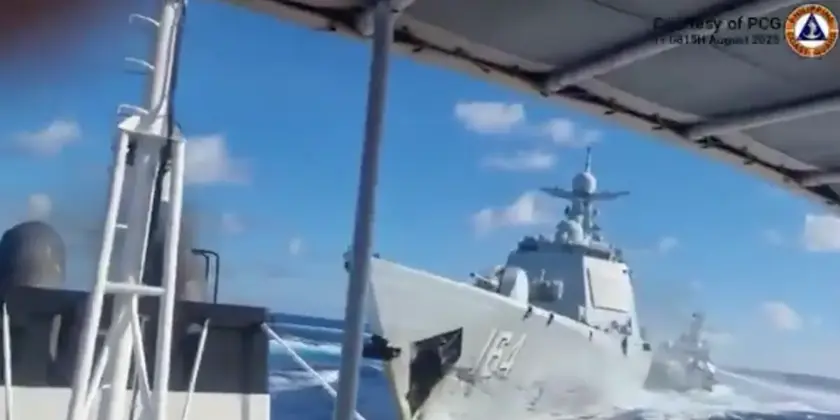
Collision near Scarborough Shoal Strains South China Sea Ties
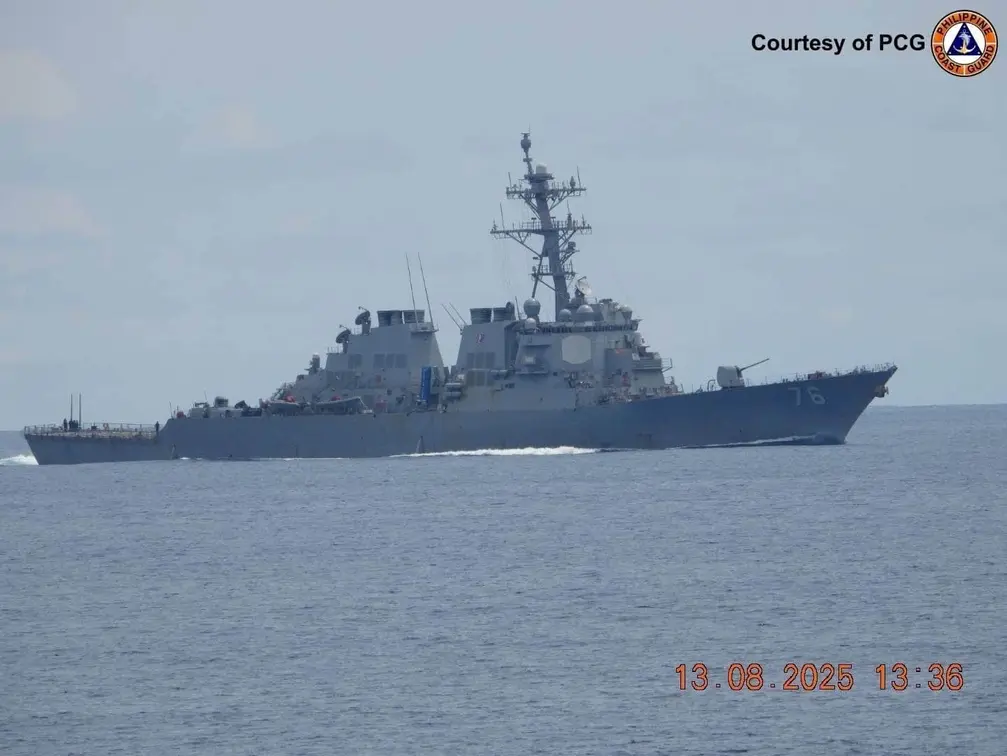
US Navy conducts Scarborough Shoal FONOP
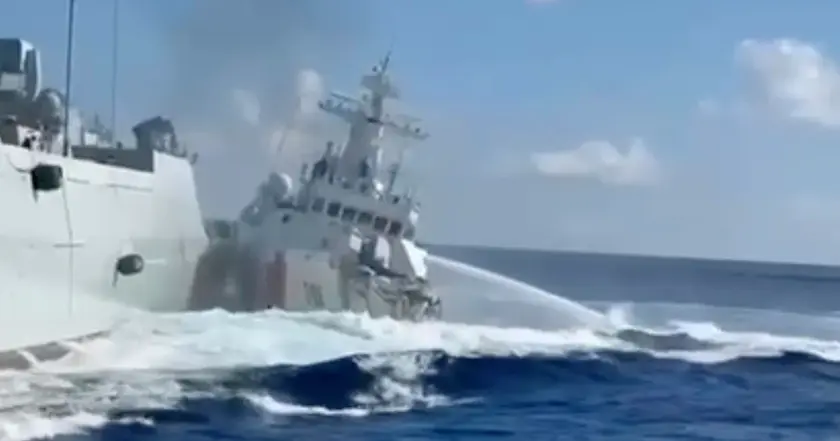
Maritime collision near Scarborough Shoal
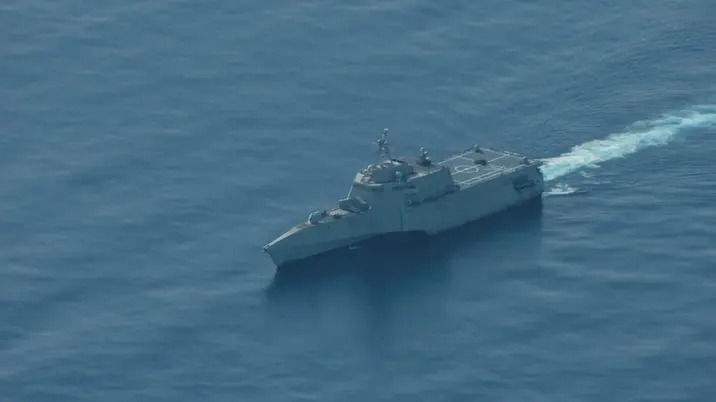
U S ships near Scarborough Shoal after collision

Collision near Scarborough Shoal Tests regional restraint
